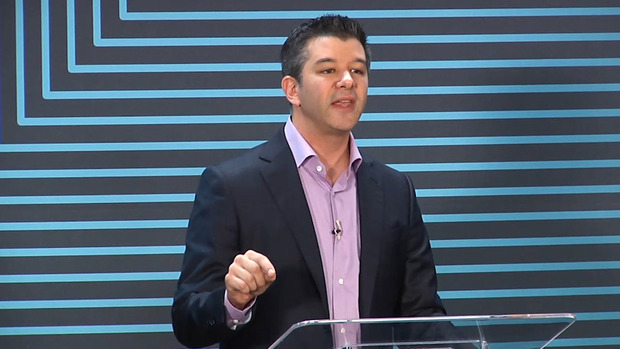A federal judge in California has rejected a proposed settlement between Uber Technologies and drivers in Massachusetts and California, in lawsuits that claimed that they should be classified as employees with full benefits rather than as independent contractors. The ride-hailing company has insisted that its model, based around freelance contractors over whom it says it has minimal control, gives drivers flexibility to choose when to work and be their own bosses. Recognising the drivers as employees would require the ride-hailing company to pay them benefits, which would push up its cost of operation.
The rejection of the settlement in the class-action suit could hence have a potential fallout on the entire on-demand economy, which depends to a great extent on using contract workers rather than employees. For now, the settlement seems to be stuck over the amount, including the payout under a California labour law. The parties have been asked to hammer out a way to proceed with the case and submit it to the court next month.
On Thursday, District Judge Edward Chen of the US District Court for the Northern District of California, ruled that the settlement “as a whole is not fair, adequate, and reasonable.” The vast majority of class members are slated to receive less than $100 each from the settlement, Judge Chen noted. The settlement amount added up to only about 10% of the $854 million claims by the drivers, covering expense reimbursement, overtime and tips.
The proposed settlement, announced in April, would have given the drivers in the class-action suit a $84 million payment, which could see a top up by $16 million depending on Uber’s valuation if it goes public.
Under the settlement, the drivers would continue to be classified as contractors, but it also proposed some non-monetary benefits to the drivers including conditions that Uber would not be able to deactivate drivers at will, and drivers would not be subject to deactivation for low acceptance rates.
Uber would also collaborate with the drivers over the creation and funding of a driver association as a means of “opening a dialogue between Uber and drivers”. Judge Chen, however, said that much of the non-monetary relief was “not as valuable as the parties suggest, limiting their worth in considering the amount being offered in settlement”.
The proposed settlement was opposed both by individuals and attorneys representing drivers in other California cases, Judge Chen said.
Uber did not immediately comment on the judge’s decision.
The company has the option to negotiate a new settlement or to continue to question in an appeals court a decision by the District Court that arbitration clauses signed by the drivers are not enforceable. A decision in the company’s favour by the appeals court “could substantially decrease the class from approximately 240,000 drivers to 8,000 drivers, dramatically lowering any class monetary recovery that plaintiffs might obtain through the class action,” Judge Chen wrote, while listing the risks for the drivers.
The fundamental question of whether Uber drivers are employees or independent contractors is also not a simple one, Judge Chen observed in his order. “Should the issue of employee versus independent contractor status proceed to trial, it would be up to the jury to make the ultimate determination, the outcome of which cannot be predicted with any certainty,” he added. Uber has also threatened to take the case up to the Supreme Court.
IDG News Service








Subscribers 0
Fans 0
Followers 0
Followers